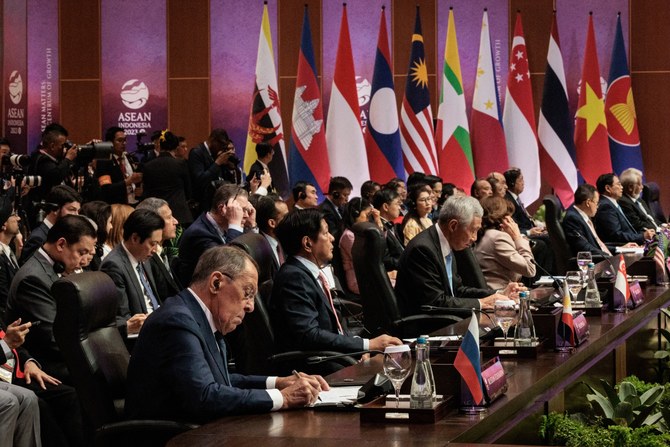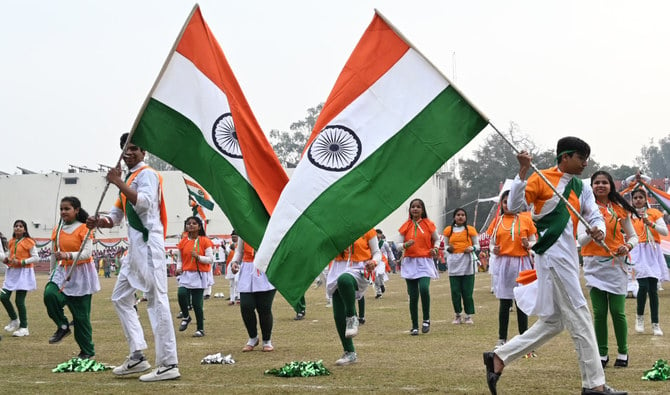
News that the Association of Southeast Asian Nations has brokered a ceasefire between Myanmar’s junta and the pro-democracy rebel national unity government comes as a surprise, especially given ASEAN’s roots and history, but is nevertheless welcome and bodes well for the future of the region.
Last week’s truce, which will allow the delivery of much-needed humanitarian aid, is particularly remarkable given that, only two days earlier, the national unity government gave the green light to all civilian militias to “wage a war of defense” against the military, signaling the start of what is in effect a civil war.
But what does this surprisingly quick ceasefire mean exactly? For one, it might signal that the military lacks confidence when it comes to winning a civil war quickly and easily. The junta has shown little regard for the well-being of civilians in the crackdowns since the coup in February, so it seems unlikely that genuine humanitarian concern is motivating its calculations here. More likely, military leaders have been surprised by the tenacious and increasingly effective resistance to their rule and welcome the chance to regroup and re-examine their position.
The national unity government, on the other hand, even if it is ascendant, represents the civilians who have suffered enormous hardships from the twin forces of the military crackdown and the pandemic, which is ravaging the country in the wake of the breakdown of governance in most regions. Politically, the rebels cannot press home their military advantage at the expense of the people for whom they are fighting. In their own minds and in the minds of their supporters, theirs is a fight in self-defense and for self-preservation. They cannot seek such sacrifices from their political base.
But the star of this show is ASEAN. Though it began purely as an economic and trade cooperation organization, with strict commitments to non-interference in the domestic politics of member states, it has been forced over the past six years to take a more robust stance on Myanmar’s domestic politics, not least because the worsening situation in the country poses a threat to stability throughout the region. In successfully brokering this ceasefire at such a critical juncture in the conflict between the warring parties, ASEAN has set itself up for a much broader, deeper role in the region and farther afield.
If the organization follows on from this precedent, it may find itself in a position akin to that of the EU — an engine not only for prosperity and sustained economic development, but also the broader well-being of all people living there.
Dr. Azeem Ibrahim
Moreover, this development comes at a hugely important historical moment. In the aftermath of the US withdrawal from Afghanistan, both Central and Southeast Asia are seeing the effective withdrawal of Western moral leadership, backed by military interventions, which sought to promote respect for international law and human rights, at least in a region where China holds sway.
In this context, most observers would have expected the human rights situation in places such as Myanmar to rapidly worsen. Instead, ASEAN has stepped in to fill the vacuum, at least for now.
If the organization follows on from this precedent, it may find itself in a position akin to that of the EU — an engine not only for prosperity and sustained economic development, but also the broader well-being of all people living there.
Unlike the European project, ASEAN was not designed from the beginning to take on such a role. But it may evolve to fulfill it nonetheless. And in the context of the US withdrawal from the region, this is a much-needed and welcome prospect indeed.
Dr. Azeem Ibrahim is the director of special initiatives at the Newlines Institute for Strategy and Policy in Washington DC and author of ‘The Rohingyas: Inside Myanmar’s Genocide’ (Hurst, 2017). Twitter: @AzeemIbrahim
Disclaimer: Views expressed by writers in this section are their own and do not necessarily reflect Arab News" point-of-view












